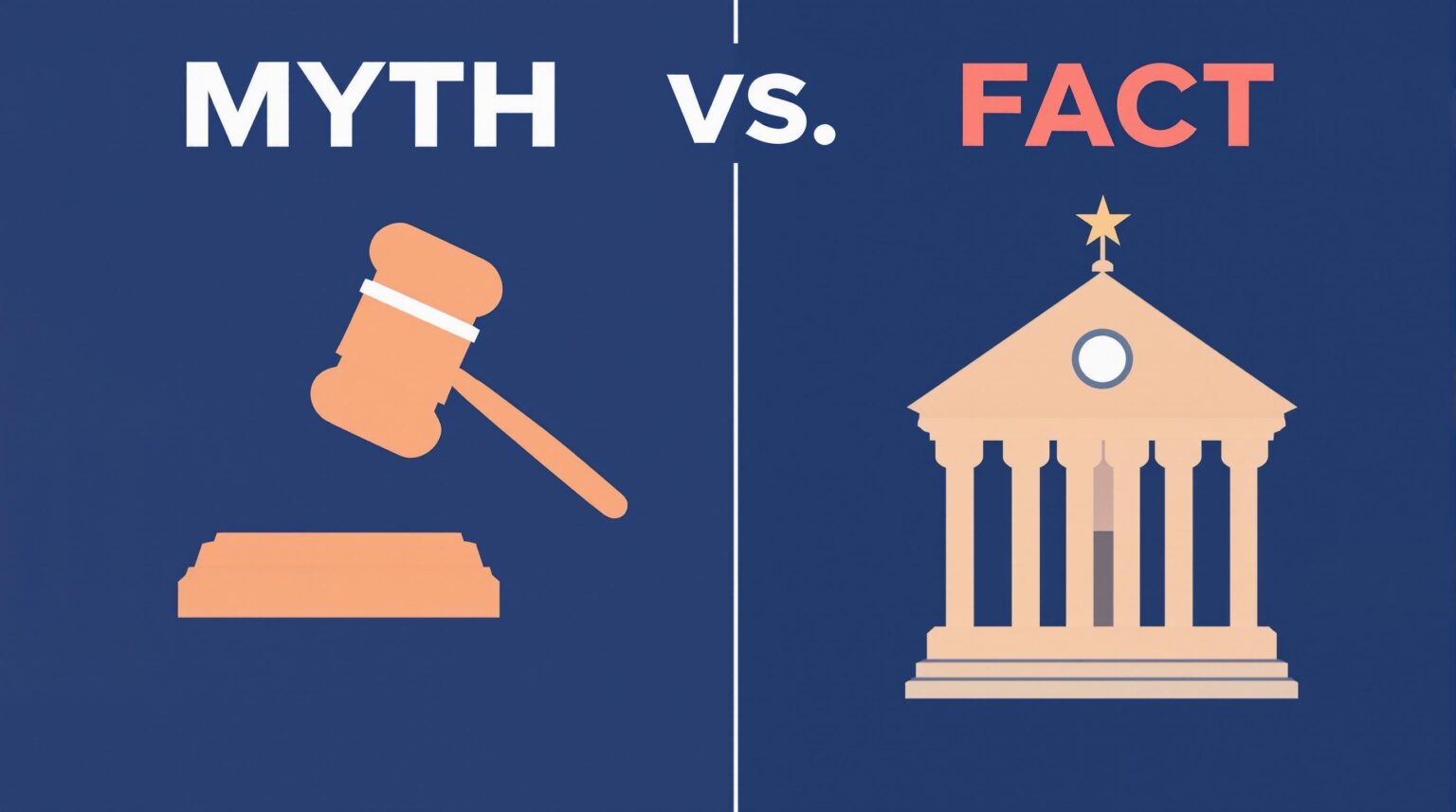The Importance of Posting Bail
When someone is arrested, the first thing they should think about is posting bail. Bail is an amount of money that is paid to the court in exchange for temporary release from jail until their trial date. The importance of posting bail cannot be overstated because it allows individuals to continue with their daily lives while awaiting trial.
Posting bail also ensures that individuals can work on their defense and gather evidence to support their case. Being locked up in jail makes this process difficult if not impossible. Additionally, being released on bail gives individuals access to legal counsel who can help them navigate through the legal system.
Finally, posting bail helps reduce overcrowding in jails and prisons which are already bursting at the seams. By allowing people charged with non-violent crimes to post bail, it frees up space for those who pose a greater risk to society and need to be held behind bars until their trial date arrives. Overall, posting bail has numerous benefits both for the individual charged with a crime and society as a whole.\n
The Consequences of Not Posting Bail
If someone is unable to post bail, they will remain in jail until their trial. This can have severe consequences on various aspects of their life. For starters, they may lose their job if they are unable to go to work while incarcerated. Additionally, being in jail for an extended period can lead to a loss of housing or even custody of children.
Not posting bail also means that the defendant cannot properly prepare for their case with their lawyer outside of jail. They may not have access to important documents or evidence that could help them in court. Furthermore, being in jail can be dangerous and detrimental to one’s mental health.
In some cases, not posting bail can result in a guilty plea simply because the defendant wants to get out of jail as soon as possible. This means they may end up with a criminal record and other long-term consequences such as difficulty finding employment or obtaining loans due to having a criminal history.
How Bail Bonds Work
When someone is arrested, they may be given the option to post bail in order to be released from custody until their court date. Bail is a sum of money that acts as collateral and ensures that the defendant will appear in court. However, not everyone can afford to pay the full amount of bail upfront. This is where bail bonds come into play.
A bail bond is essentially a contract between the defendant, a surety company, and a co-signer (usually a friend or family member). The surety company agrees to pay the full amount of bail if the defendant fails to show up for court. In exchange for this service, the co-signer pays a non-refundable fee (usually 10% of the total bail amount).
Once all parties have signed the contract and paid any necessary fees, the surety company posts bond with the court on behalf of the defendant. This allows them to be released from custody while awaiting trial. It’s important to note that if the defendant does not appear in court as required, both they and their co-signer could face financial consequences such as having assets seized or wages garnished.
Types of Bail Bonds Available
Surety bonds are the most common type of bail bond available. They require a third party, usually a bail bond company, to guarantee that the defendant will appear in court. The defendant or their co-signer pays a non-refundable fee to the bail bond company, which is typically 10% of the total amount of the bail set by the court.
Cash bonds require payment of the full amount of bail in cash before release from jail. If the defendant appears at all required court dates, they get their money back at trial’s end minus any fees and fines imposed by law enforcement agencies or courts.
Property bonds allow defendants to use personal property as collateral for their release from jail instead of cash payments; this type requires an appraisal process which can take time and may not be accepted by some jurisdictions.
It’s important to remember that each state has its own laws regarding types and availability of bail bonds. It’s always best to consult with an experienced attorney or reputable bail bond agent who can help you navigate through your options based on your specific situation.
Benefits of Using a Bail Bond Company
Using a bail bond company can provide numerous benefits for those who are unable to afford the full amount of their bail. One major advantage is that it allows individuals to be released from jail quickly, often within hours of posting bail. This can help them avoid losing their job or missing important family obligations while they wait for their trial.
Another benefit of using a bail bond company is that they typically only require a small percentage of the total bail amount as collateral, which can save defendants and their families thousands of dollars in upfront costs. Additionally, many companies offer flexible payment plans and financing options to make it even more affordable.
Finally, working with a reputable bail bond company can also provide peace of mind during an already stressful time. Experienced professionals will guide clients through the entire process and answer any questions or concerns along the way. They will also ensure that all necessary paperwork is completed correctly and submitted on time, reducing the risk of further delays or complications in getting released from jail.

Common Misconceptions about Bail Bonds
One common misconception about bail bonds is that they are only for people who are guilty. However, this is not true. Bail bonds are available to anyone who has been arrested and needs help securing their release from jail before their trial. It is important to remember that everyone is innocent until proven guilty in a court of law.
Another misconception about bail bonds is that they are too expensive for most people to afford. While it’s true that the cost of bail can be high, working with a reputable bail bond company can make it more affordable. A bail bond company typically charges a non-refundable fee of around 10% of the total amount of the bail, which means you don’t have to come up with the full amount on your own.
Some people also believe that if they post bail, they won’t have to go back to court or face any consequences for their actions. This couldn’t be further from the truth. Posting bail simply allows you to leave jail while you await your trial date; it does not mean you’re off the hook for any charges against you. If you fail to show up for your court date or violate any conditions set by the court, such as staying away from certain individuals or refraining from drug use, your bond may be revoked and you could end up back in jail.\n
• Bail bonds are available to anyone who has been arrested and needs help securing their release from jail before their trial
• Everyone is innocent until proven guilty in a court of law
• Working with a reputable bail bond company can make it more affordable
• A bail bond company typically charges a non-refundable fee of around 10% of the total amount of the bail
• Posting bail simply allows you to leave jail while you await your trial date; it does not mean you’re off the hook for any charges against you
• If you fail to show up for your court date or violate any conditions set by the court, such as staying away from certain individuals or refraining from drug use, your bond may be revoked and you could end up back in jail.
How to Choose a Reputable Bail Bond Company
When choosing a bail bond company, it’s important to do your research and choose a reputable one. Look for companies that are licensed by the state and have good reviews from previous clients. It’s also helpful to choose a company with experience in handling cases similar to yours.
Another factor to consider is the fees charged by the bail bond company. Legally, they can only charge up to 10% of the total bail amount, but some may try to add on extra fees or hidden charges. Make sure you understand all of the costs upfront before signing any contracts.
Communication is key when working with a bail bond company. You want a company that will be available to answer your questions and keep you updated throughout the process. Choose a company that has clear communication policies and responds promptly to inquiries from clients or their loved ones who are helping them post bail.
What happens if I don’t post bail?
If you don’t post bail, you will have to wait in jail until your court date. This can take days, weeks, or even months.
Can I post bail myself?
Yes, you can post bail yourself if you have the full amount in cash or other acceptable forms of payment. However, most people use a bail bond company to avoid tying up their own funds.
How does a bail bond work?
A bail bond is a contract between the defendant, the bail bond company, and the court. The defendant pays a fee to the bail bond company, who then posts the full bail amount with the court. If the defendant appears in court as promised, the bail bond is released and the fee is kept by the bail bond company as profit.
What types of bail bonds are available?
There are several types of bail bonds available, including cash bonds, surety bonds, property bonds, and federal bonds. The specific type of bond required will depend on the circumstances of the case.
What are the benefits of using a bail bond company?
Using a bail bond company can save you money, as you only need to pay a percentage of the full bail amount. It can also help you avoid tying up your own funds or property. Additionally, bail bond companies have experience navigating the legal system and can provide valuable advice and support.
What are some common misconceptions about bail bonds?
Common misconceptions about bail bonds include that they are only for rich people, that you don’t need a bail bond if you have a good lawyer, and that you can always get a bail bond.
How do I choose a reputable bail bond company?
To choose a reputable bail bond company, look for one that is licensed and insured, has a good reputation in the community, and is willing to provide references. You should also be wary of companies that make unrealistic promises or pressure you into a decision.
